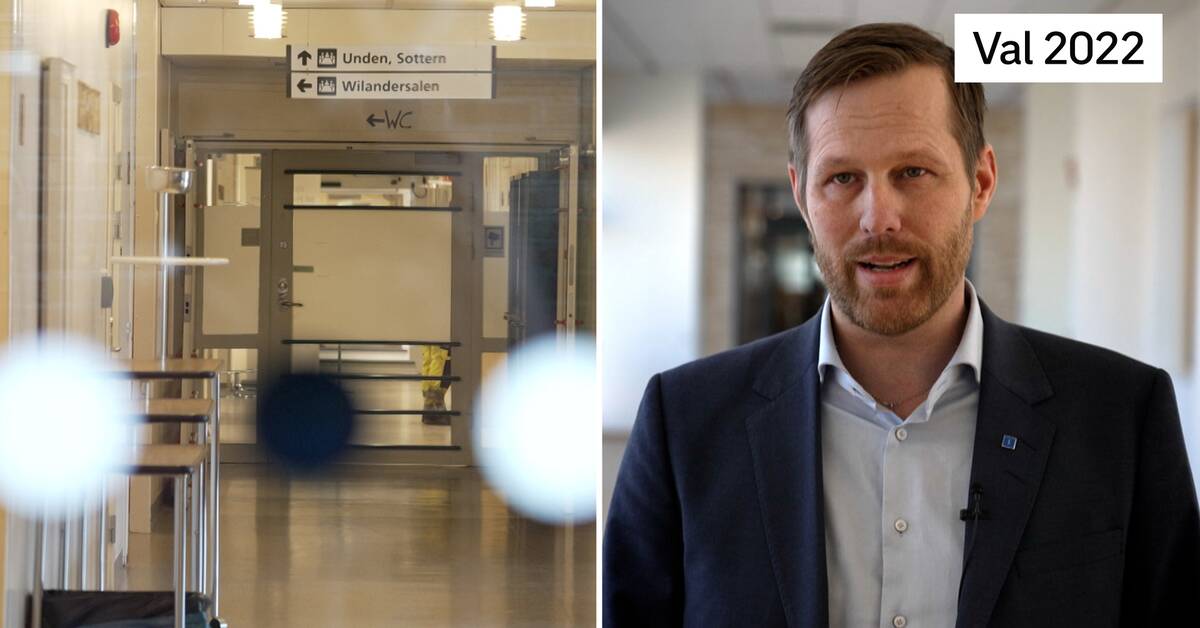Sweden has world-class healthcare, but it is sometimes difficult to access.
The care guarantee gives the right to surgery within three months, but today more than 70,000 patients queue who have waited longer than that.
Now the Christian Democrats and the Sweden Democrats want the regional politicians scrapped, and the state to take over responsibility for healthcare, this shows a survey from SVT News.
- It is about that we need to do something to deal with the inequality and the incredibly long care queues that we have today, says Björn-Owe Björk (KD), regional councilor in Uppsala.
"Bad for democracy"
The other six parliamentary parties say no to a nationalization of healthcare, the survey shows.
Andreas Svahn (S), regional councilor in Örebro, believes that it would be bad for democracy if the decision-making power were moved from the regions.
- Should decisions be made by the 349 members of the Riksdag in Stockholm, by a government, by an authority?
he asks himself and states:
- I think the decisions will be better if they are made close to the residents, by politicians who know the local conditions.
Andreas Svahn (S) says that the proposal would mean centralizations and closures of health care facilities in smaller towns.
- This had very soon been met with great resistance from the patients, he says.
Time more important factor
Björn-Owe Björk (KD) confirms that the proposal entails certain centralisations, but says that time is more important than space.
- If we concentrate parts of the care, it will be better and accessibility will increase.
The important thing for patients is that you get care on time, not necessarily where you get it, he says.
The proposal no guarantee
At the same time, state governance is no guarantee for equal care and short care queues, according to Ulrika Winblad who is a professor of health and medical care research at Uppsala University.
- In England, the state is responsible for healthcare.
The thesis would be that they have a consistent quality and equally long waiting times in different parts of the country, but that is not the case.
- Before you implement such a big change, you have to go through and look at the examples that exist in Europe, she says.

